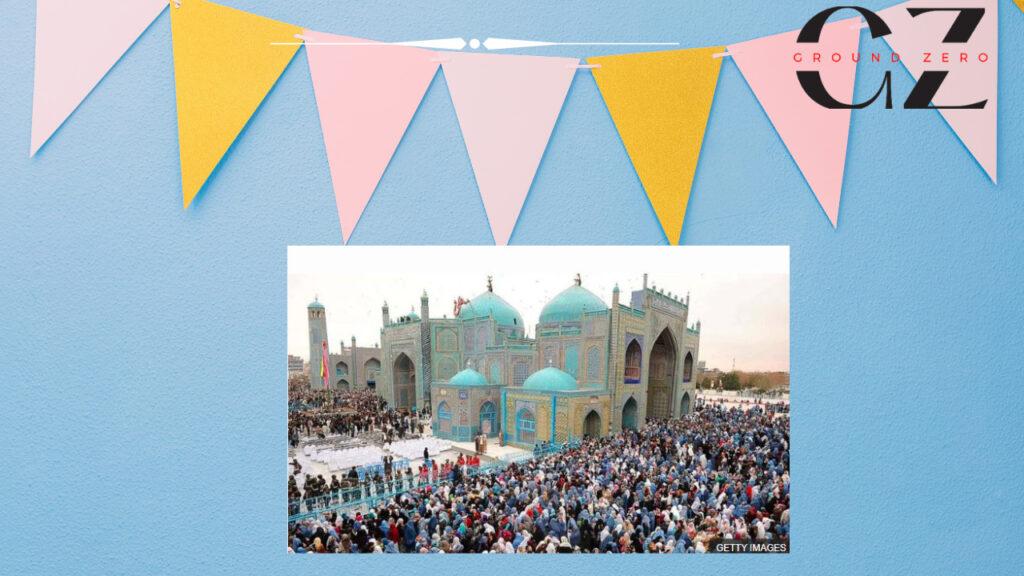According to recent reports, the Taliban has banned the celebration of the popular Afghan festival Nowruz in the central Daikundi province, warning residents of consequences if they are caught celebrating the occasion [1]. The Taliban’s Ministry for the Propagation of Virtue and the Prevention of Vice has stated that the group’s regulators have informed people that “Islam prohibits the celebration of Nowruz” and have met with worshippers at least 35 mosques in Daikundi to discourage the celebration of what they deem to be “foreign” and “un-Islamic” customs.
The Taliban has reportedly attributed Nowruz to the “era of ignorance” and warned people that the occasion is promoted by “foreigners” among Muslims. Nowruz has been celebrated for more than 3,000 years and observed by adherents of both the main branches of Islam – Sunnis and Shias – in Afghanistan, Iran, Central Asia, and parts of the Middle East. It is typically marked by a public holiday.
It is worth noting that the festival was banned during the Taliban’s previous rule between 1996 and 2001, but last year, the group said they would not celebrate Nowruz, but had no problem with those who chose to do so. The ban on the celebration of Nowruz in Daikundi indicates the ruling regime’s opposition to the popular festival, which has prompted widespread criticism in the past as well. Nowruz celebration is one of the ancient rituals of the people of Afghanistan, being celebrated in different ways similar to other countries in the so-called “Nowruz region”.
In conclusion, the Taliban’s ban on the celebration of Nowruz in Daikundi has sparked outrage and criticism, especially as the festival has been observed for thousands of years and is an important part of Afghan culture. The United Nations has even officially recognized the “International Day of Nowruz” with the adoption of Resolution 64/253 by the United Nations General Assembly in February 2010. Therefore, it is hoped that the Taliban will reconsider its decision and allow people to celebrate this important festival.


